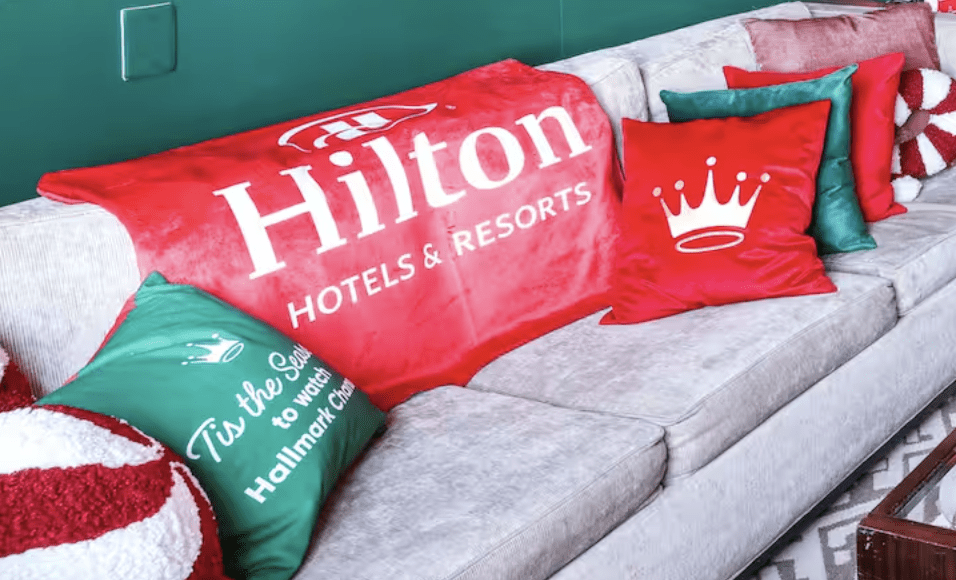In the competitive world of hospitality, the power of a brand name cannot be underestimated. Hilton, a global leader in the industry, recently found itself navigating the complex waters of trademark law as it sought to secure a trademark for its new extended-stay hotel concept, initially dubbed ‘Project H3’. This blog delves into the challenges Hilton faced in this process, the alternative names being considered, and the broader implications for trademarking in the hospitality sector.

Hilton’s Trademark Challenges with Project H3
Hilton’s journey to trademark the H3 brand for its extended-stay hotels highlights the intricacies of securing intellectual property rights in the hospitality industry. The initial attempt to trademark ‘H3 Suites by Hilton’ and ‘H3 by Hilton’ encountered a roadblock when the U.S. Patent and Trademark Office (USPTO) identified potential confusion with an existing brand, H3 Ranch. This situation underscores the importance of thorough research and strategic planning in the trademark process, particularly for new ventures under startup contracts.
Exploring Alternative Names
In response to these challenges, Hilton has considered various alternative names for its new brand. The company’s proactive approach, filing trademark requests for several suite-themed names, demonstrates the diligence required in navigating startup contracts and trademark filings. Names like ‘Livsmart by Hilton’ and ‘Delve Suites by Hilton’ are among the contenders, showcasing Hilton’s commitment to finding a unique and legally sound brand identity.
The Process of Trademarking in Hospitality
The process of trademarking a hotel brand is a meticulous one, involving multiple steps and considerations. For technology startups and new ventures in the hospitality industry, understanding this process is crucial. It involves not only the creation of a unique brand name but also ensuring that the name does not infringe on existing trademarks, a common challenge in startup contracts.
The Implications of ‘Brand Bloat’
The phenomenon of ‘brand bloat’ in the hospitality industry, where companies own an extensive portfolio of brands, raises questions about the effectiveness and distinctiveness of each brand. However, studies suggest that companies registering more trademarks tend to see better financial performance. This insight is particularly relevant for startups in the hospitality sector, where a strong, distinct brand can be a key asset in startup contracts and overall business strategy.
Hilton’s Future Branding Endeavors
Beyond Project H3, Hilton’s CEO Chris Nassetta hinted at the development of a ‘hard luxury lifestyle brand,’ showcasing the company’s continuous innovation and expansion. This forward-thinking approach is something technology startups can learn from, especially when considering their own brand development and startup contracts.
Navigating Trademark and Branding Strategies
For technology startups in the hospitality industry, Hilton’s experiences offer valuable lessons in trademark and branding strategies. The key takeaway is the importance of a comprehensive approach to trademark research and application, ensuring that the brand not only resonates with the target market but also stands on solid legal ground.
Conclusion: The Importance of Strategic Trademarking
Hilton’s journey in trademarking its new hotel brand illustrates the complexities and strategic importance of trademarks in the hospitality industry. For startups, navigating the trademark process is a critical component of establishing a strong market presence. It requires a careful balance of creativity, legal acumen, and strategic foresight with the help of an experienced trademark attorney. As Hilton continues to explore options for its new extended-stay concept, its approach serves as a case study for startups on the importance of diligent trademarking in building a successful brand.


